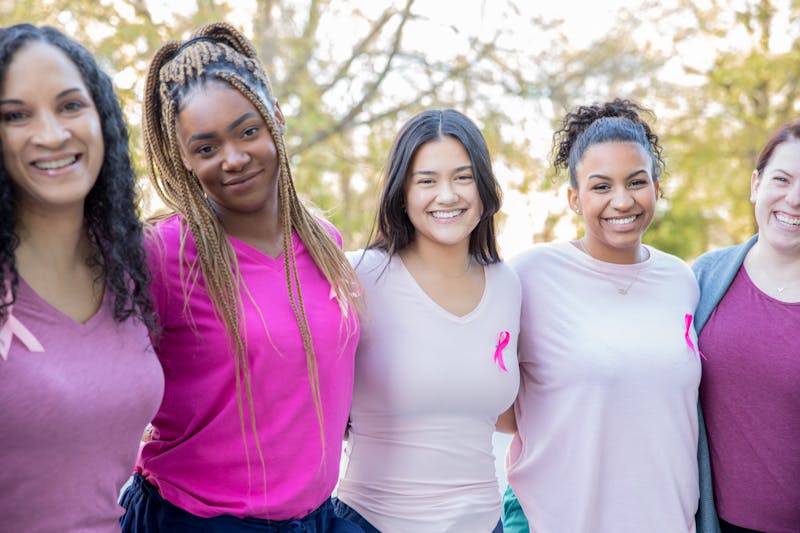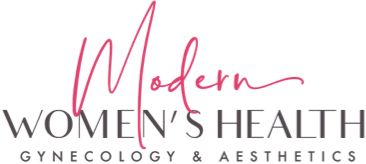
October is Breast Cancer Awareness Month, which is an annual campaign to increase awareness of the disease. Breast cancer is the most common cancer among women worldwide and the second-most common cancer overall. So no matter who you are or where you live, understanding breast cancer is important. But the most important thing to know is this: a diagnosis is not a death sentence. Breast cancer can be treated.
Screening and Early Detection
Regular screening tests (along with follow-up tests and treatment if diagnosed) reduce your chance of dying from breast cancer. After all, screening tests can find breast cancer early, when the chances of survival are highest. However, there are also things you can do to help improve your chances of early detection.
Know Your Normal
When other parts of your body look or feel different than they normally do, you notice. For example, if you see an unusual rash on your arm, or a worrisome change in a mole, or have a toothache, you’re likely to visit your healthcare provider to check it out. The same should apply to any changes in your breasts.
Understand The Warning Signs & Symptoms
Due to the use of regular mammography screening, most breast cancers in the U.S. are found at an early stage, before symptoms appear. However, not all breast cancers are found through mammography. The warning signs of breast cancer are not the same for all women. The most common symptoms are a change in the look or feel of the breast, a change in the look or feel of the nipple and nipple discharge.
Breast Cancer and Lifestyle Factors
Most people are familiar with the risk factors related to family and certain gene mutations (BRCA), but it’s important to also consider lifestyle-related risk factors. These are important because these are the risk factors you can do something about. We call these risk factors “modifiable”. They differ from the non-modifiable risk factors like age and genetics.
- Alcohol intake can increase a woman’s risk of developing breast cancer. The risk increases based on the amount one consumes. Women who have 1 drink per day have a slightly higher risk than women who do not drink, and those that have 2-3 drinks per day have about a 20% higher risk than non-drinkers.
- Excess weight after menopause increases the risk of developing breast cancer. This is because fat tissue is where most of a woman’s postmenopausal estrogen is created. Having too much causes increased estrogen levels. Excess weight increases the risk of other types of cancers, as well.
- Physical activity has been shown to decrease the risk of breast cancer. It isn’t clear how much is needed. However, most studies have shown that even two hours a week might decrease risk.
- Diet can play a role in developing breast cancer. A healthy diet of mostly vegetables, fruits, and whole grains, and less processed meats can help reduce the risk of breast cancer. A healthy diet can also help you stay at a healthy weight, which also reduces risk.
- Women who have children after the age of 30 or women who don’t have children at all have a slightly higher breast cancer risk. Women who breastfeed, particularly for 1.5 – 2 years, may have slightly lower rates of breast cancer.
If you have a family history of breast cancer on EITHER SIDE of your family, you may be at a higher-than-average risk and may need additional or early screening. At Modern Women’s Health, we offer Myriad Genetic Testing to help determine this.
Doing a monthly self-breast exam is a great way to monitor yourself! It’s free and easy!
If you have any symptoms of breast cancer or have any questions or concerns, please contact us. For more information or to schedule a consultation, please call us at (512) 301-6767 or click the link below.


